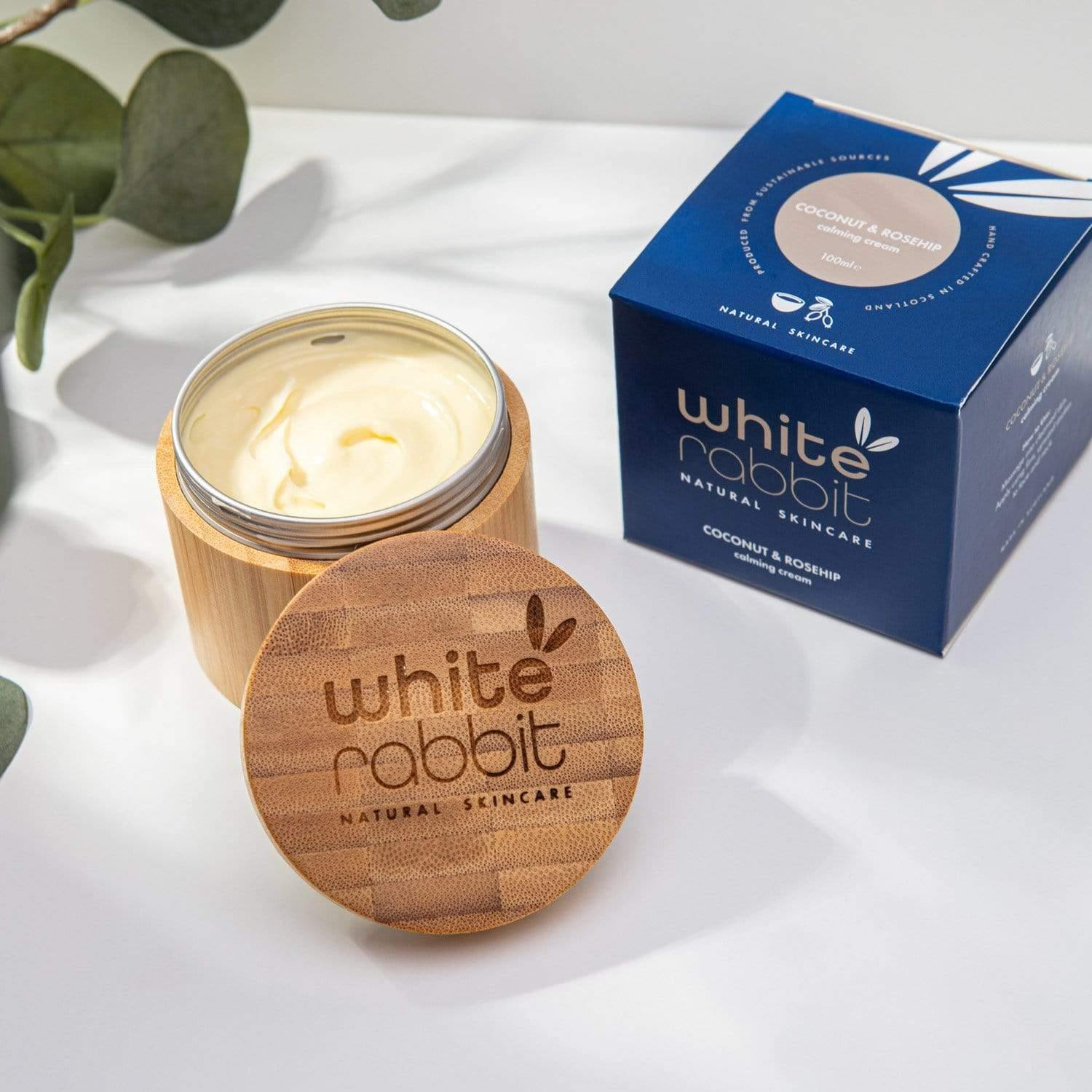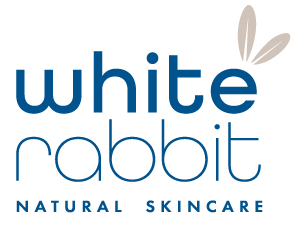Acne. It's something that affects all of us at one stage or another.
It's non-discriminatory, and doesn't care what age (ever heard of newborn acne?) or gender we are, or what our diets are like (although this does contribute).
Affected by everything from stress to the environment we live in, there is much more to those annoying, angry red heads than literally meets the eye, and knowing exactly what types of acne you're dealing with in the first place (and also if this is something that is happening regularly - it helps to know yourself inside out!) is the first step in any treatment - although please note, there is no magical 'cure' or it, nor is there a one-size-fits-all-approach.
So before you attempt to dry the life out your face by smothering it in toothpaste or good old Sudocream (one word: don't!), here's some info for you to consider:
What IS acne?
Long story short: Acne is caused when tiny holes in the skin, known as hair follicles, become blocked.
Types of acne:
- Whiteheads - small blemishes with whitish “heads,” which are a result of follicles getting plugged with sebum (skin's natural oils) and dead skin cells
- Blackheads - Commonly found on the nose, blackheads are tiny blemishes that look like black dots - and people seem to love ripping them out at the moment with charcoal mask...But unlike whiteheads, which are closed, blackheads are open, hence the black appearance—which is due to the debris inside the follicle becoming oxidised.
- Papules - sometimes known as 'dumb' spots, papules are small to medium in size, and represent the phase beyond whiteheads, when inflammation has occurred (due to bacteria, oil and dead skin cells) and the skin is red and swollen. Since irritation and inflammation is the sign of a papule, to try and stop it growing to the next 'stage', you want to avoid anything that might inflame it, and so the goal should be to try and soothe/calm the area.
- Pustules - Similar to papules, but called Pustules because the contain Pus - lovely! It can be tempting to squeeze your spots at this stage, but to avoid unnecessary bacteria spread, potential scarring (and pain!), try and leave them to dry out of their own accord.
- Severe acne - Nodules, cysts, acne conglobata: If you’ve got a face full of large, red, inflamed blemishes that seem to last for months, chances are you’ve got one type of severe acne, which are indicative of a deeper condition than your average acne type and can cause more severe and permanent damage to your skin if left untreated. If topical treatments aren’t clearing these types of blemishes after a few weeks, it’s time to see a skin specialist for stronger, prescription-strength medicine.
Causes of acne* (*a non-exhaustive list!)
- Bacteria - You know that one spot you picked and suddenly it became 4...?
- Sensitives/allergies - allergies to food, the environment you are in, reactions to products...
- Hormones: Saving the 'best' till last here - whether it be stress, pregnancy, teenage hormones, periods, menopause...all of the above and more often cause the body to flood with sebum, which creates the perfect breeding ground for acne.
Things that may help* (*again, a non-exhaustive list. And remember: one size does not fit all!)
- Don't try to strip your skin of oil and/or moisture - it will only panic and go into oil producing overdrive to compensate
- (Similar to above) don't use foaming face washes or soap - they break down the 'mantle' of your skin, and make it incredibly alkaline. Yes, even the brand which famously uses pH paper in it's adverts...
- (also similar to point 1) Don't be afraid to use natural vegetable oils (whether it be cleansing balms, serums or facial oils) on your skin - they nourish skin, and don't clog pores. Mineral oils, on the other hand, do. Avoid things like paraffin, paraffin liquidum, mineral oil etc. When it comes to ingredients, don't be afraid to be curious or ask questions! Google anything you're unsure about.
- Take probiotics - especially if you're on antibiotics. Your skin is always the first indicator of your gut health.
- Treat your skin with respect! If you scrubbed and poked and prodded someone, you'd expect them to get angry, wouldn't you?!
This video with Caroline Hirons and Dr Sam talking about female hormonal acne is really helpful:
Our Coconut and Rosehip Calming Cream is excellent for acne-prone skin, with a base of tea tree and witch hazel.


